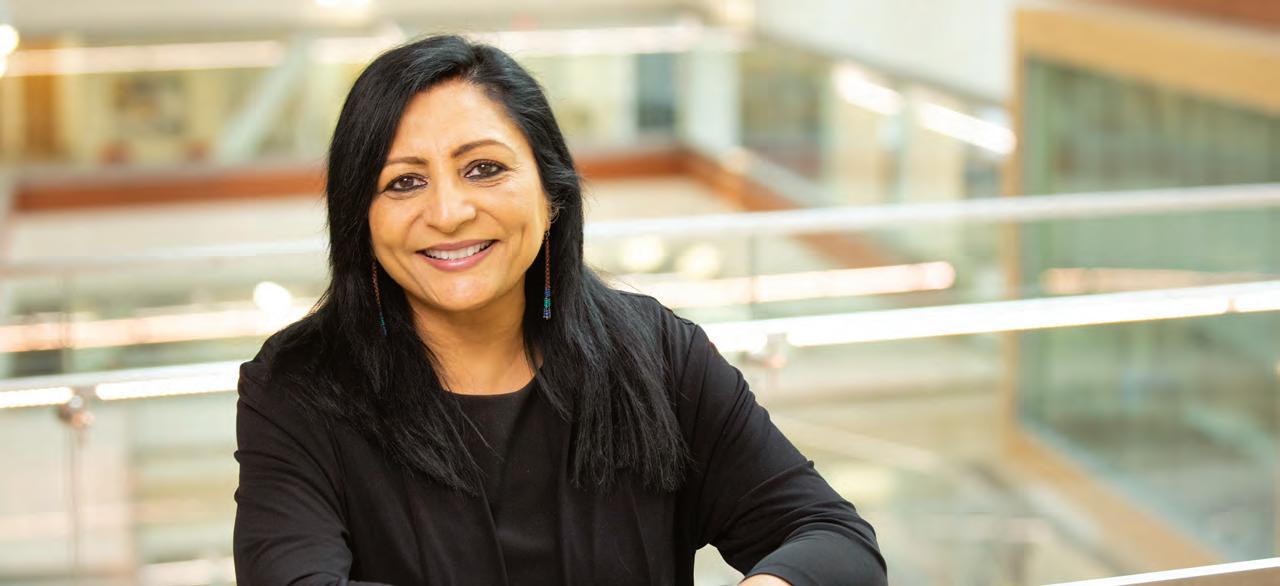BY MARK SOMMER
Gregory Antoine, MD
Head and neck surgeon Gregory Antoine, MD ’76, looks back on an exceptional career, launched at UB
G
regory Antoine, MD ’76, has been both a trailblazer and a witness to history in a long and distinguished medical and military career that began with his having to confront formidable racial barriers while growing up in the South. At an age when many doctors are hanging up their stethoscopes, Antoine, 69, began a new position last September as chief medical officer and senior associate dean for clinical affairs at Morehouse School of Medicine in Atlanta, Georgia. “I wanted to take this job because I always wanted to work at a historic black college,” he says. “People are very excited about my being here, and think I have a skill set that matches what they need.”
Surmounting racial barriers Antoine grew up in a military family. He was born in a military hospital in San Antonio, Texas, then there were stops that included Plattsburgh in upstate New York, Japan twice and the town of Pass Christian on Mississippi’s Gulf Coast. In Pass Christian, Antoine was the first AfricanAmerican to attend the whites-only high school. “When my dad told me I was going to a white high school, he said
16
WINTER 2020
UB MEDICINE
he felt I, as one of the first, should set an example,” says Antoine, a father of five. “I said I didn’t want to go, and he said he didn’t care, I was going.” Antoine found sports to be a great equalizer with his peers and something that helped surmount racial barriers. “Athletics overcome a lot of things. I maintained a circle of friends—black kids and white kids—which was kind of unheard of then,” he recalls. “I remain friends with these guys to this day.” Antoine played quarterback on the junior varsity football team and cornerback on the varsity squad. He had 11 interceptions his junior year, but when it came time for names to be submitted for the state’s all-conference team, the head coach broke precedent by declaring that only seniors would be eligible. Dispirited by the blatant racism, Antoine didn’t go out for football his senior year despite interest from college recruiters. The story of how Antoine’s paternal grandfather died in 1947 after being refused admittance to a segregated hospital influenced the young man’s decision to become a physician. “It was one of those things that, when you hear that sort of story, it lights a fire under you,” he says, adding that not much had changed by the time he graduated: waiting rooms in the local hospital were still segregated.
Photo by Sandra Kicman
A MEDICAL EDUCATION SECOND TO NONE







